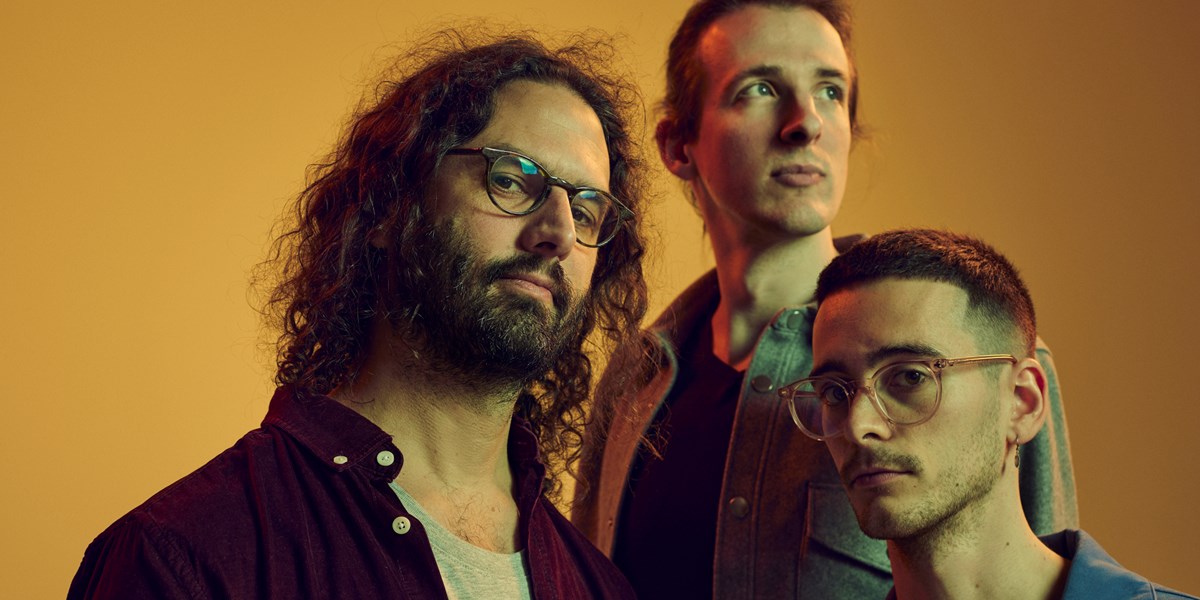Wednesday, April 17, 2024
Evolving Beats: Interview with Spëcht
Spëcht, formally known as Hands in Motion, tell Justin Turford about their rebranding and bringing together music from all four corners of the globe


Register now to continue reading

Thanks for visiting the Songlines website, your guide to an extraordinary world of music and culture. Sign up for a free account now to enjoy:
- Free access to 2 subscriber-only articles and album reviews every month
- Unlimited access to our news and awards pages
- Our regular email newsletters

